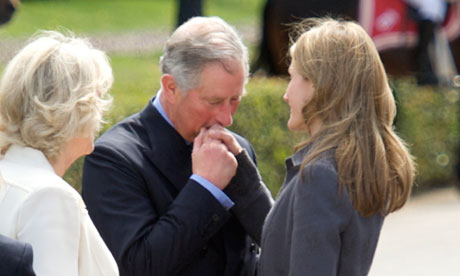April Fools' Day is celebrated in the Western world on April 1st of every year. Sometimes referred to as All Fools' Day, April 1st is not a legal holiday, but is widely recognized and celebrated as a day which tolerates practical jokes and general foolishness. The day is marked by the commission of good humoured or funny jokes, hoaxes and other practical jokes of varying sophistication on friends, family members, teachers, neighbors, work associates, etc.
Traditionally, in some countries such as New Zealand, the UK, Australia, and South Africa, the jokes only last until noon, and someone who plays a trick after noon is called an "April Fool".[1] It is for this reason that newspapers in the U.K. that run a front page April fool only do so on the first (morning) edition.[2] Elsewhere, such as in France, Ireland, Italy, South Korea, Japan, Russia, The Netherlands, Germany, Brazil, Canada, and the U.S., the jokes last all day. The earliest recorded association between April 1 and foolishness can be found in Chaucer's Canterbury Tales (1392). Many writers suggest that the restoration of January 1 as New Year's Day in the 16th century was responsible for the creation of the holiday, but this theory does not explain earlier references.
April's fool day is celebrated all over the U.K.



